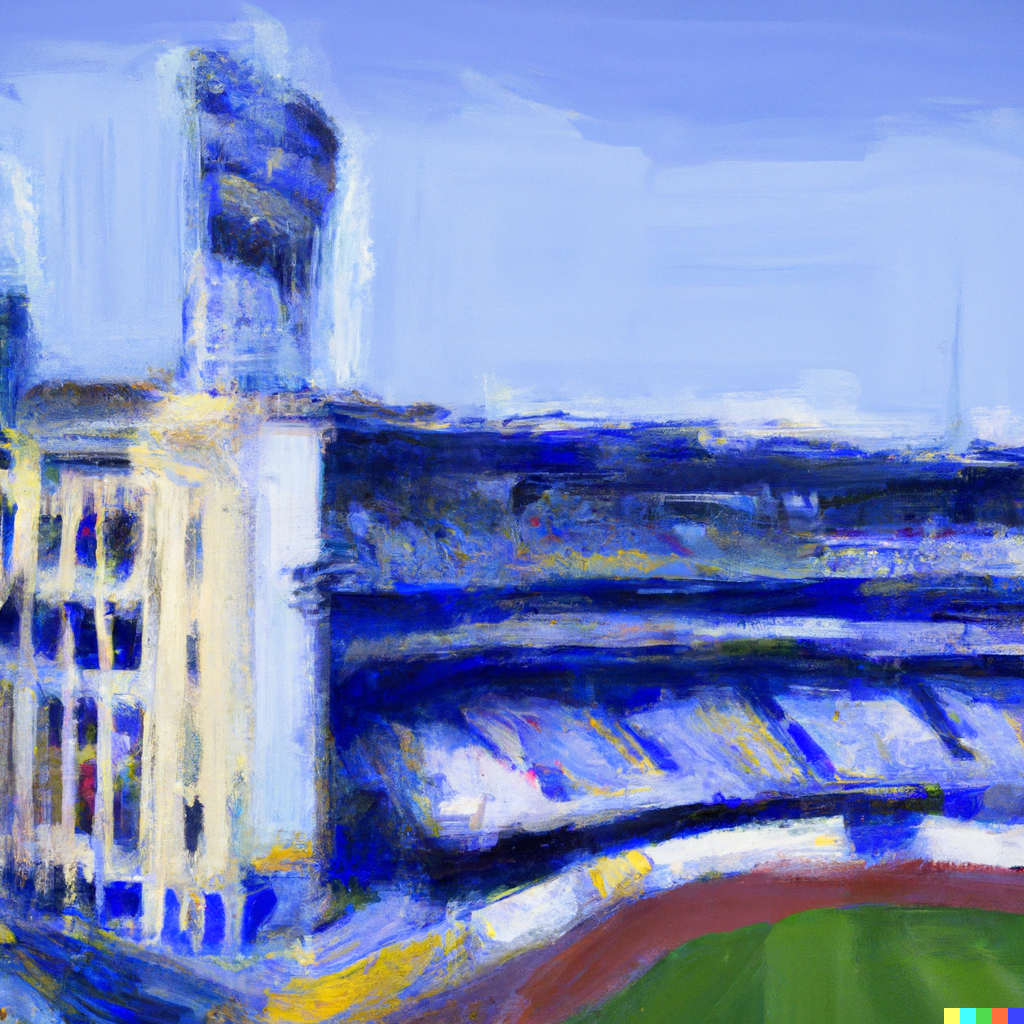 In the illustrious tapestry of New York’s history, the etymology of the term “Yankees” unfolds as a linguistic saga, weaving together Dutch roots and colonial dynamics. But is it true that “Yankee” has a Dutch genesis, specifically tied to the names Jan and Kees?
In the illustrious tapestry of New York’s history, the etymology of the term “Yankees” unfolds as a linguistic saga, weaving together Dutch roots and colonial dynamics. But is it true that “Yankee” has a Dutch genesis, specifically tied to the names Jan and Kees?
As the English seized control of the Dutch establishment in New Amsterdam (now New York), they playfully dubbed their Dutch neighbors as Yankees, drawing inspiration from the Dutch moniker Janke or Jankie. Kees, however, played no role in this appellative spectacle.
The term Yankees bears linguistic fruit beyond Dutch whispers, resonating among the Algonquin speakers as “Yengeez,” signifying the English influence. Meanwhile, in the lexicon of the Nahuatl speakers, it echoes as “Yanqui,” denoting the stranger in their midst.
Delving into historical annals, 1683 stands as a pivotal year when Dutch settlers, with a dash of disdain, bestowed the epithet “Yankee” upon English colonists in Connecticut. It finds its linguistic roots in the Dutch name Janke, a diminutive form of “John,” while the precise origins linger in the fog of etymological history.
@the_professor781 Sooo, the New York Yankees etymologically reverts back to Jonathan (John) and Keys (Cornelius). Whenever I see JC I think of John Connor whose character was a Christ (Jesus Christ) figure because he came to sacrifice himself for the sake of humanity. In this instance, the first thing that came to mind was Jesus Christ, Light of the world. And here in the United States, New York is synonymous with the East and the rising sun. Back in the day before social media, just about all of the trends would travel East to West. I think the name Yankee makes even more sense to me now😁 #newyorkyankees #dutch #newamsterdam #theoccultmeaningofmasonry
Scholars engage in a linguistic dance, debating whether it stems from Jan Kes or Jan Kees, the latter a dialectal variant of Jan Kaas, meaning “John Cheese” – a moniker playfully employed by Flemings for Dutchmen. A curious twist adds a pirate’s touch, as Jan Willems, a 17th-century plunderer of the Caribbean, went by the name “the Dutchy Yankey.”
Regardless of its precise Dutch lineage, “Yankee” transcended its origins during the Revolutionary War. Adopted by the Continental Army, it morphed from a pejorative term into a badge of honor, symbolized by the tune of “Yankee Doodle Dandy.”
Beyond the Revolutionary War, “Yankee” became a colloquial term for Americans, both endearing and, at times, pejorative. Internationally, it even inspired the Finnish term “Jenkkilä.” In the United States, “Yankee” evolved to denote individuals from the North, particularly associated with Puritan New England.
During the Civil War, “Yankee” assumed a broader significance, akin to the Southern “Dixie.” The phrase “those damn Yankees” found its genesis in Confederate propaganda, eventually navigating through baseball and musical theater lore, shaping the multifaceted identity of the New York Yankees we know today. The linguistic odyssey of “Yankee” continues, an enduring legacy echoing through the corridors of time.
